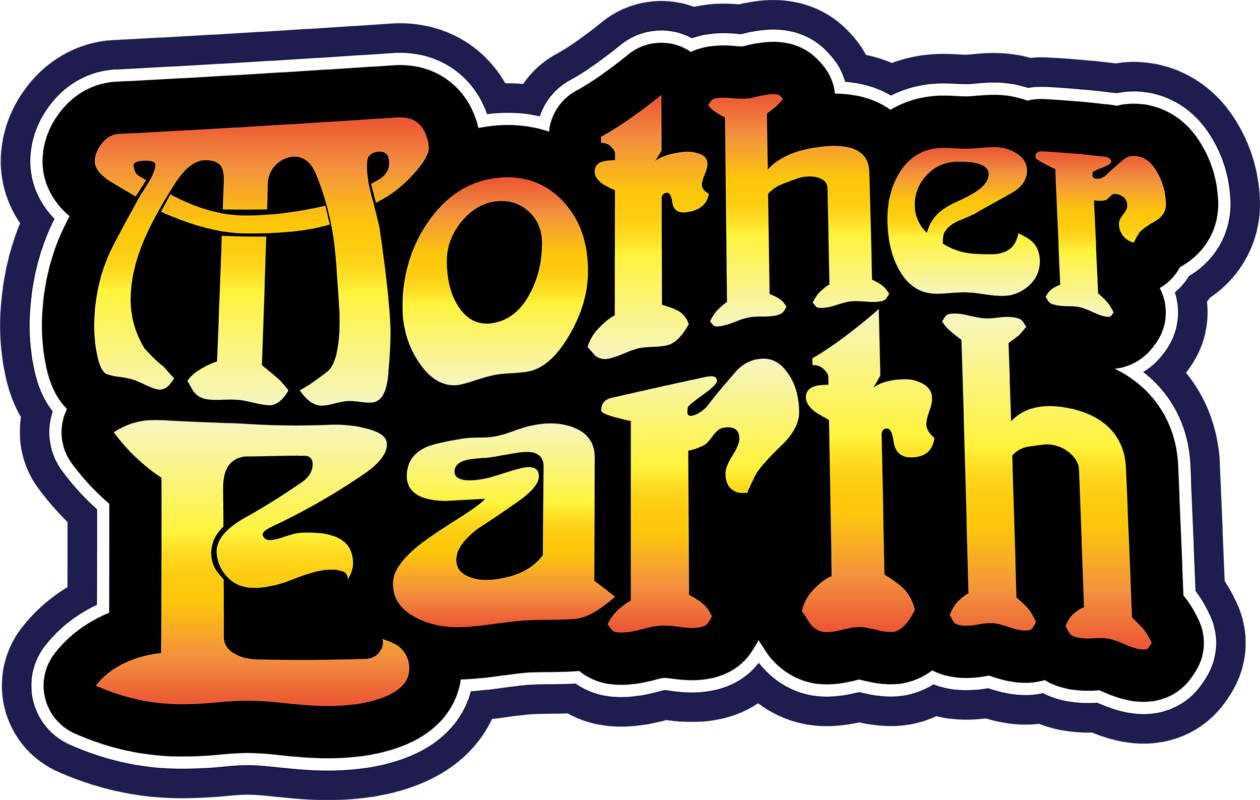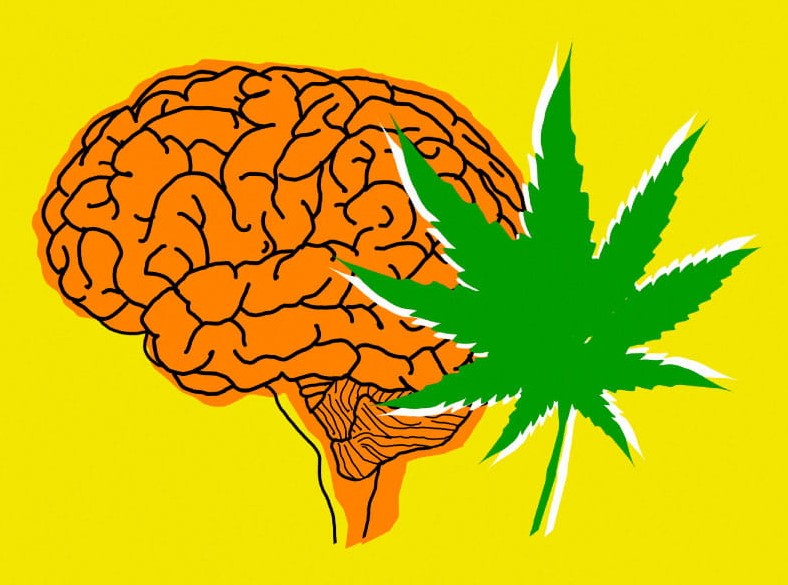Uncategorized
Cannabis Effects: How Weed Affects Your Mind and Body
Marijuana, weed, cannabis, grass, dope. The drug obtained from the cannabis plant is referred to by a variety of names. It may be smoked, vaped, drunk or eaten. Marijuana is typically used for pleasure and enjoyment. However, numerous physicians prescribe it for certain medical issues and symptoms.
Marijuana contains chemicals that alter both your mind and body. It may be addictive, and it might hurt certain people’s health. When you use marijuana, here are some of the possible consequences:
You Can Get “High”
The most popular reason for individuals to use marijuana is because it makes them feel good. The primary psychoactive component, THC, activates the pleasure area of your brain, like as food and sex. Dopamine is released as a result, producing a euphoric, calm sensation.
THC may quickly enter your bloodstream if you vape or smoke marijuana, allowing you to get high in seconds or minutes. THC levels usually peak in around 30 minutes and may take 1-3 hours to dissipate. It might take many hours for you to fully sober up if you consume or eat cannabis.

It May Affect Your Mental Health
Some people have bad experiences with marijuana- it can make you anxious, afraid, panicked, or paranoid. According to studies, your chances for clinical depression go up when using marijuana and if you already suffer from a mental disorder, it could worsen your symptoms. Scientists don’t know why this is the case exactly. If abused though in high doses, marijuanaCan lead to loss of touch with reality or hearing/seeing things that aren’t actually there.
Your Thinking May Get Distorted
Marijuana has the ability to cloud your senses and reasoning. Depending on a variety of factors including the potency of your cannabis, how you consumed it, and how much marijuana you’ve used previously, the effects can vary.
- Heighten your senses (colors might seem brighter and sounds might seem louder)
- Distort your sense of time
- Hurt your motor skills and make driving more dangerous
- Lower your inhibitions so you may have risky sex or take other chances
You May Get Hooked
Around 10% of people who use marijuana will become addicted. This means that they can’t stop using it, even if doing so harms their relationships, job, health, or finances. The risk is greater the younger you start using marijuana and the more heavily you use it. For example, the odds of addiction are 1 in 6 if you use pot during your teenage years. It might be as high as 1 in 2 among those who use it every day.
If you use marijuana frequently, your body could become dependent on it. You may experience withdrawal symptoms such as irritability, restlessness, sleeplessness, and a loss of appetite when you don’t use it. To learn more about how to identify addiction to marijuana, click here.
It May Impair Your Brain
The active ingredient in marijuana, THC, can temporarily hinder your abilities to focus, learn new information and remember things. These effects typically last for 24 hours or more after you stop smoking weed.
Using marijuana excessively, especially in your youth, may have long-lasting consequences. Marijuana’s effect on the brain has been studied in many young people. Imaginative testing revealed that it might physically alter their brains in some individuals, resulting in fewer connections and lower IQ scores.

Your Lungs May Hurt
Over time, smoking marijuana can damage your lungs in the same way that cigarettes does. This includes an increased risk for bronchitis and lung infections. Additionally, THC (the main active ingredient in marijuana) may weaken users’ immune systems, making them more susceptible to illnesses and infections.
It May Ease Your Pain and Other Symptoms
In spite of the federal government’s restrictions, medical marijuana is legal in some form in most states. And more than 10 states and Washington, DC have even legalized recreational pot. Although it has been difficult to study its effects on humans due to these restrictions, limited research shows that medicinal pot might help:
- Ongoing pain (This is the most common use and a possible benefit of medical marijuana.)
- Stiff muscles or muscle spasms from multiple sclerosis.
- Sleep problems for those with fibromyalgia, MS, and sleep apnea
- Anxiety
- Loss of appetite and weight loss in people with AIDS
- Nausea or throwing up from chemotherapy
- Seizures from epilepsy
- Dravet syndrome or Lennox-Gastaut syndrome
You May Feel Hungrier
Many marijuana users report that it increases their hunger. This is known as “the munchies.” Some study claims that it might aid persons suffering from AIDS, cancer, or other illnesses in regaining weight. This is being researched and whether it’s safe.
It May Harm Your Heart
After consuming marijuana, your heart rate will increase and work harder than usual. A regular heartbeat is about 50 to 70 times per minute, but after pot’s effects kick in, that number can jump to 70 to 120 beats or more per minute for up to 3 hours. The added strain of a faster heartbeat plus the tar and other chemicals in marijuana may raise your chance of having a heart attack or stroke. This danger is even bigger if you’re older or if you already have heart problems.

It Intensifies Alcohol’s Dangers
If you drink and use marijuana, you’re more likely to get into legal trouble or have problems at work or in your personal life.
Your Newborn Might Be Underweight
When mothers smoke marijuana while pregnant, they are more likely to give birth to underweight or prematurely born infants. However, at this time, researchers do not know whether these newborns have an increased danger of school failure or substance abuse later in life.
Connection to Cancer Is Unclear
Although marijuana smoking is linked to some types of lung, head, and neck cancers in laboratory studies, there are no indications that it causes these malignancies. Heavy cannabis use appears to cause one kind of testicular cancer, according to preliminary evidence. Whether cannabis causes other malignancies, including:
- Prostate
- Cervical
- Bladder
- Non-Hodgkin’s lymphoma
What’s CBD?
Cannabidiol, or CBD, is a chemical component of both marijuana and hemp plants. It doesn’t make you high. CBD oil and other forms of CBD may be manufactured from it. Some patients take CBD to alleviate pain, seizures, and other health issues. Scientists aren’t yet sure how effectively it works or whether it’s safe for long-term use. Because of limited oversight, you might not always know what you’re getting when buying cannabidiol supplements online.
Ways to Use Marijuana
There are many ways to use marijuana, but smoking it is typically the quickest way to feel its effects.
- Rolled cigarettes
- Small handheld pipes
- Water pipes, called a bong
- A cigar that has been hollowed out and refilled with marijuana, called a blunt
- Sticky resins are extracted from the cannabis plant and often contain much higher THC levels than regular marijuana.
Not only can you mix cannabis into brownies, cookies, candy, and tea–you can also eat and drink the drug to delay the high. THC has to travel through your digestive system before it enters your bloodstream and causes a high. However, edibles give you a much longer-lasting high than smoking or vaping weed; in fact, the effects of an edible may last up to 8 hours.


